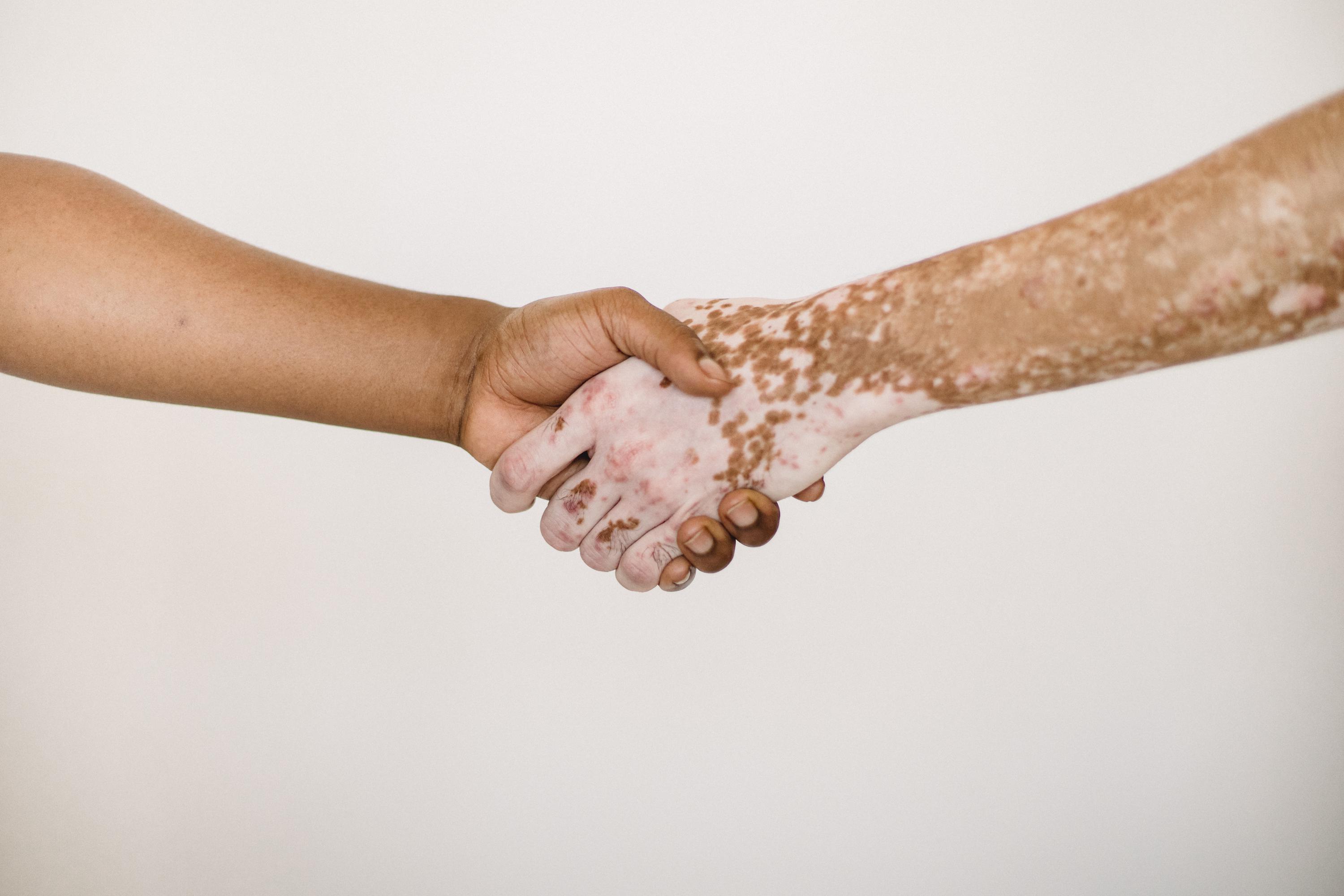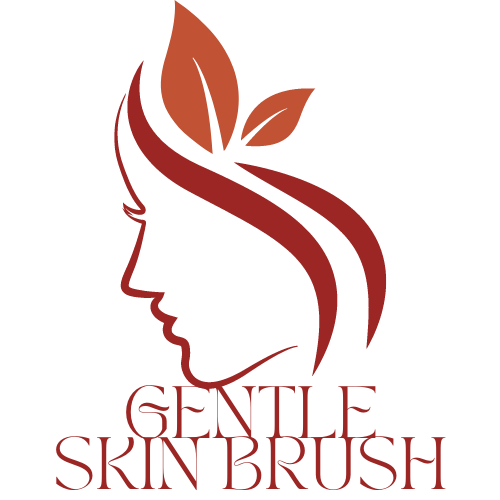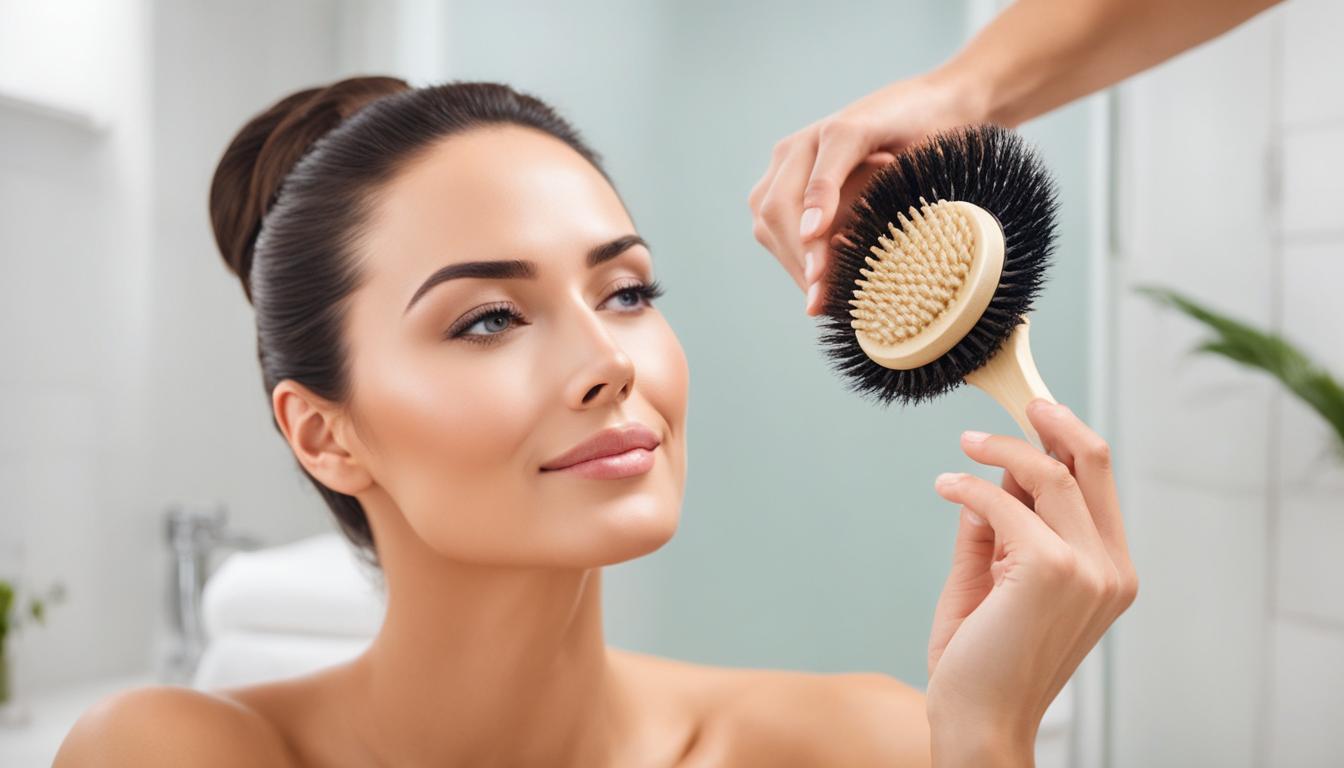Are you looking for relief from the symptoms of psoriasis? A scalp brush may just be the answer you’re looking for. In this blog post, we’ll take a look at how using a scalp brush can help ease the discomfort and itching associated with psoriasis.
We’ll also discuss the benefits of using a scalp brush, including improved circulation and reduced inflammation. Finally, we’ll provide some tips on finding the right brush for your needs and how to use it safely.
Contents
- 1 Psoriasis and how does it affect the scalp
- 2 Benefits of using a scalp brush on psoriasis-affected scalp
- 3 Different types of scalp brushes available
- 4 How to correctly use a scalp brush for psoriasis
- 5 How often should you use a scalp brush for psoriasis
- 6 Common mistakes to avoid when using a scalp brush for psoriasis
- 7 Alternatives to scalp brushes for psoriasis
- 8 Bottom Line
Psoriasis and how does it affect the scalp

The scalp is a sensitive area of the body, so it’s important to take extra care when dealing with scalp conditions such as psoriasis. While psoriasis can affect any part of the body, it is particularly common on the scalp.
Is it a good idea to use a scalp brush if you have psoriasis? The answer is yes and no. On the one hand, a scalp brush can help gently exfoliate away dead skin cells and promote healthy hair growth.
On the other hand, brushing too vigorously can cause inflammation and irritation. To ensure you don’t aggravate your psoriasis, use the brush very gently and don’t press down too hard.
Benefits of using a scalp brush on psoriasis-affected scalp
If you suffer from psoriasis, chances are you’ve heard of scalp brushes. But do you know how effective they can be in helping to manage your condition? Scalp brushes are a great way to help reduce itching, flaking, and other symptoms of psoriasis.
By gently massaging the scalp, scalp brushes help to stimulate the circulation of blood to the scalp, which can help reduce inflammation and irritation. Additionally, scalp brushes can help remove dead skin cells and excess oil, improving the overall health of the scalp.
Regular use of a scalp brush can also help reduce the formation of scaly patches on the scalp, allowing you to maintain a healthy and attractive appearance. So, is a scalp brush good for psoriasis?
Absolutely! With regular use, scalp brushes can help reduce the severity of psoriasis symptoms and keep your scalp looking healthy.
Different types of scalp brushes available
If you suffer from psoriasis, you may be wondering if a scalp brush is a good option to help soothe your scalp. The short answer is yes!
Scalp brushes are a great way to help reduce the inflammation and irritation associated with psoriasis. Different types of scalp brushes are available, each offering different benefits. For instance, a soft-bristled brush is great for gently removing loose flakes of skin and unclogging pores.
A boar bristle brush is better suited to those with psoriasis, as it helps to stimulate the scalp and promote healthy blood circulation. Additionally, a scalp massage brush can help reduce stress and tension in the scalp, making it a great choice for those looking for a relaxing experience.
No matter which type of scalp brush you choose, it can help soothe and reduce psoriasis flare-ups.
How to correctly use a scalp brush for psoriasis
Are you looking for an effective way to manage your psoriasis? Then you may want to consider using a scalp brush.
Here are some tips on how to correctly use a scalp brush for psoriasis: Start by dampening your scalp.
This will help to loosen the scales of the psoriasis, making it easier to brush them away. Use a soft-bristled brush and lightly brush the scalp in a circular motion.
Be gentle when brushing, to avoid causing any further irritation.
Rinse your scalp with a mild shampoo after brushing. This will help to remove any scales that have been loosened. Finish with a moisturizing conditioner to soothe the scalp and keep it hydrated. Using a scalp brush can help to reduce the symptoms of psoriasis. With the right technique and regular use, a scalp brush can be a great way to keep your scalp healthy and free from psoriasis.
How often should you use a scalp brush for psoriasis
When it comes to treating psoriasis, a scalp brush can be a great tool to help alleviate the symptoms. Scalp brushes help remove dry, flaky skin, which can help reduce itching, redness, and irritation caused by psoriasis.
Over-brushing can irritate the skin, making symptoms worse. The best frequency of use is to brush your scalp 2-3 times per week.
This allows enough time for the skin to heal, while still providing the benefits of brushing. Additionally, it’s important to use a gentle, soft-bristle brush to avoid irritating the skin. With the proper use of a scalp brush, you can help reduce the symptoms of psoriasis and improve the overall health of your scalp.
With the proper use of a scalp brush, you can help reduce the symptoms of psoriasis and improve the overall health of your scalp.
Common mistakes to avoid when using a scalp brush for psoriasis
Using a scalp brush for managing psoriasis can be a great way to reduce symptoms, but it’s important to use it correctly. While scalp brushes can be beneficial, there are a few common mistakes to avoid.
Vigorously scrubbing the scalp can aggravate the skin, leading to more inflammation and discomfort. Additionally, it’s important to clean the brush regularly to prevent the spread of bacteria and fungus, which can worsen psoriasis symptoms.
Finally, it’s important to select a brush with natural bristles and a comfortable handle, so it won’t cause any additional irritation. With the right techniques and knowledge, scalp brushes can be a great tool for managing psoriasis.
Alternatives to scalp brushes for psoriasis
When it comes to dealing with the uncomfortable and often embarrassing symptoms of psoriasis, the question of what tools to use can be a difficult one. While scalp brushes are an effective way to remove scales and flakes associated with psoriasis, they may not be the best option for all sufferers. There are a number of alternatives to scalp brushes that offer comparable, if not better, results.
For example, using a fine-toothed comb to gently remove flakes and scales can be very effective. This type of comb should be used in a gentle, circular motion, ensuring that any hair is not damaged in the process.
Alternatively, soap and water can be used to soften the scales and flakes associated with psoriasis, making them easier to remove. However, this may require more frequent treatments.
Finally, some sufferers have had success with topical creams and ointments that can help reduce the itchiness associated with psoriasis. With a bit of trial and error, each sufferer can find the best solution for them.
Bottom Line
In conclusion, a scalp brush can be a helpful tool in managing psoriasis flare-ups. It can help to remove scales, reduce inflammation, and stimulate the scalp, which can ultimately lead to healthier and more manageable scalp psoriasis.





Leave a Reply